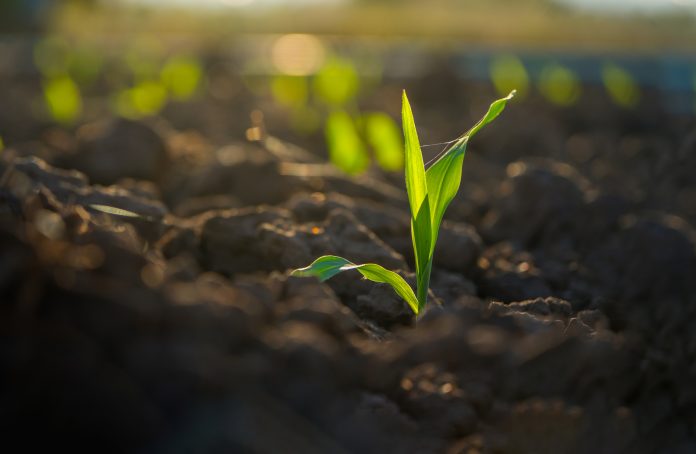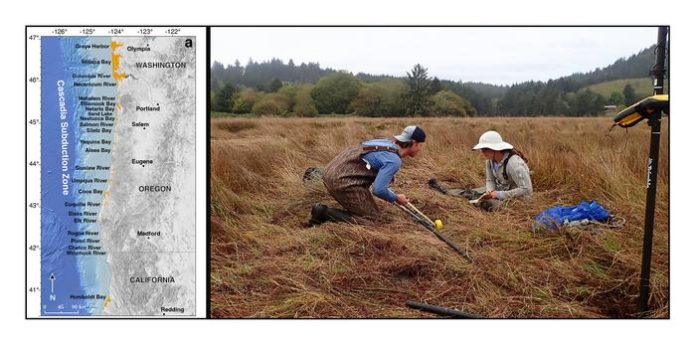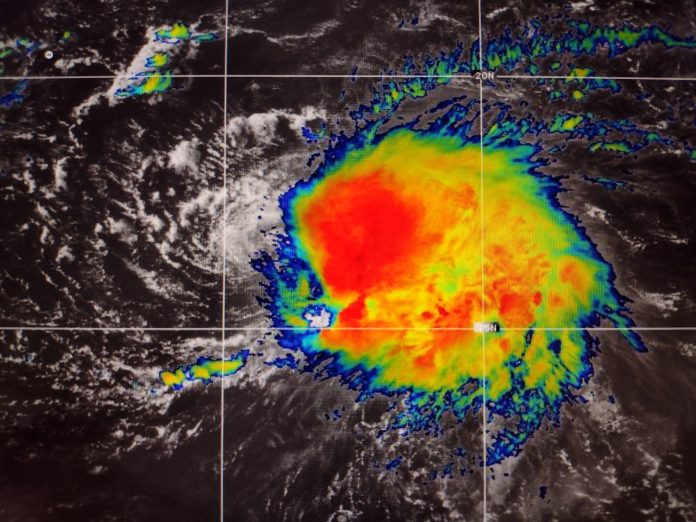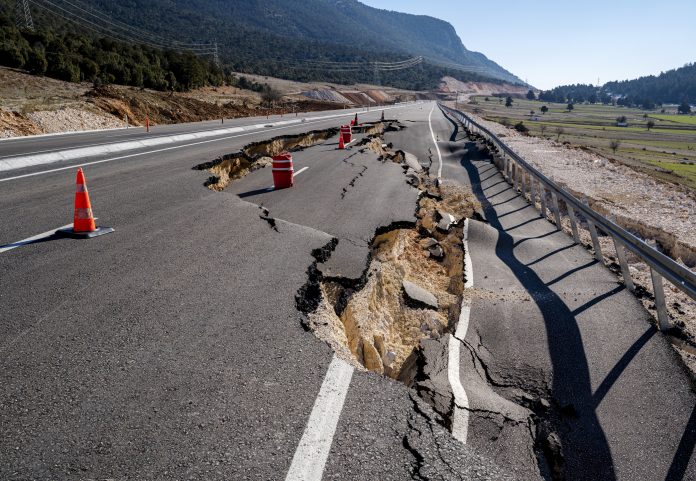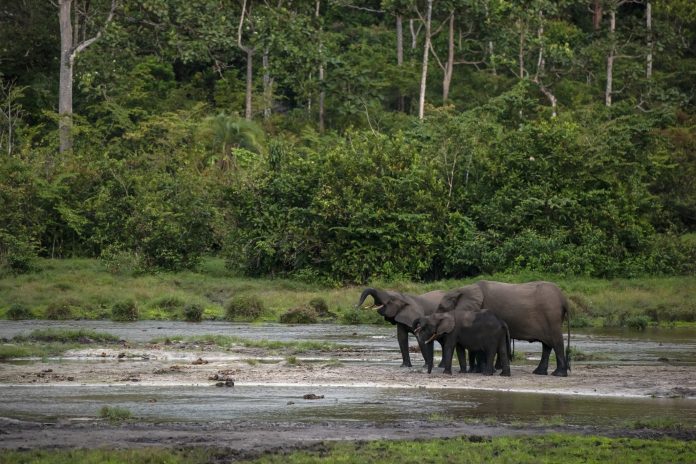Open Access Government produces compelling and informative news, publications, eBooks, and academic research articles for the public and private sector looking at health, diseases & conditions, workplace, research & innovation, digital transformation, government policy, environment, agriculture, energy, transport and more.
Home Search
earth systems - search results
If you're not happy with the results, please do another search
Volcanic and geothermal systems on Earth
The Institute of Earth‘s Sciences and Nordic Volcanic Institute, University of Iceland
The ultimate energy source of the Earth‘s interior or heat comes from the early days of the planetary formation and decaying of radioactive matter. If today’s society could be able to harvest this energy in an economic way,...
SoilTribes: Glocal ecosystems restoring soil values, roles and connectivity
This analysis explores how creativity, knowledge-sharing, and the empowerment of local communities can transform our understanding of soil value and protection, focusing on global and local ecosystems that restore soil’s values, roles, and connectivity.
Permafrost resilience in the era of climate change and Earth system modeling
In this analysis from Everest Group, explore the resilience of permafrost in the context of climate change and earth system modeling, with an emphasis on how science and technology are enhancing Arctic stability and global risk management.
Flood risk in Pacific Northwest is increasing due to earthquake and rising sea levels
Thousands in the Pacific Northwest face a heightened flood risk, not just from rising sea levels, but from the land itself potentially sinking. A new study details how a major earthquake could drastically expand vulnerable coastal areas.
New study reveals super-earths are more common than previously thought
An international study has revealed that super-Earth exoplanets, planets larger than Earth but smaller than gas giants like Neptune, are significantly more common across the universe than scientists once believed.
Enhanced geothermal systems: Untapped underground energy to surge by 2027
Enhanced Geothermal Systems (EGS) could soon make clean energy from Earth's natural heat cost-competitive with grid power, potentially revolutionising the energy landscape by 2027.
No safe haven: Why business leaders must act now to address Earth’s polycrisis
As hurricanes devastate former climate havens, learn why business leaders must embrace Sustainable Strategic Management to address Earth’s polycrisis before it’s too late.
Predicting future earthquakes through fibre-optics
New advancements in fibre optic technology have opened new opportunities for earthquake detection.
The importance of earthworms for soil health
In this article, Lynette Abbott from The University of Western Australia, highlights the importance of earthworms for soil health.
Insights from Earth’s last ice age could shape future climate predictions
A study led by the University of Arizona has revealed connections between Earth's last ice age and future climate patterns, particularly concerning the El Niño phenomenon.
How “snowball earth” shaped life’s evolution
Researchers from the University of Washington have explored the mysterious transition between "Snowball Earth" events and the following bursts of life evolution.
Warming waters and nutrient overload threaten freshwater ecosystems
Recent research has revealed a concerning trend in the world’s rivers and lakes, revealing that a dangerous combination of warming water temperatures and nutrient overload is a serious threat to freshwater ecosystems.
Earth’s water origin from ancient cosmic ice
An international team of scientists has uncovered key insights into the origins of Earth’s water and the formation of small celestial bodies in our solar system.
Machine learning for water-energy-food-ecosystems nexus policy
Dr Janez Sušnik, from the IHE Delft Institute for Water Education and NEXOGENESIS Coordinator, guides us through the use of machine learning for improving policy advice in the water-energy-food-ecosystems nexus.
Effective public warning systems: Saving lives and mitigating disaster amid a changing climate
Efficient public warning systems save lives. Their efficacy has been highlighted in recent events across the world and is proven to be the difference between swift evacuations or fatal outcomes in the face of disasters.
Binary stars: The origins of stellar diversity in binary systems
Astronomers used the Gemini South telescope to show the findings of the difference in Binary Stars composition.
Human activity pushes Earth’s freshwater resources beyond pre-industrial limits
Analysis of global freshwater resources has revealed alarming trends, indicating that human activity has dramatically altered the Earth's freshwater cycle.
The impact of earthquake fatalities over past 500 years
Researchers have introduced a new metric called the earthquake fatality load (EQFL) to assess the impact of earthquakes on countries over the past five centuries.
Space weather and rail safety: The threat to signalling systems
The impact of space weather on signalling systems is a rare threat to rail safety. Cameron Patterson and Professor Jim Wild from Lancaster University sheds light on a potential threat.
Ecological sustainability for the future of all life on Earth
The Born Free Foundation’s Head of Conservation, Dr Nikki Tagg and Head of Policy, Dr Mark Jones, say that ecological sustainability is an essential element for the future of all life on Earth.


